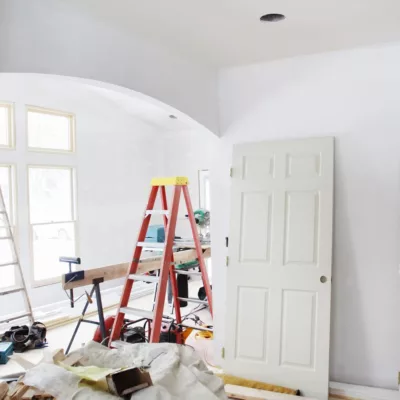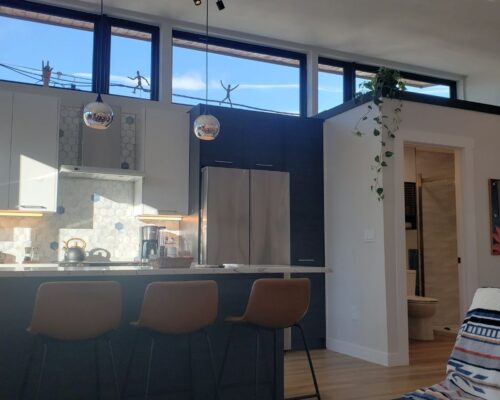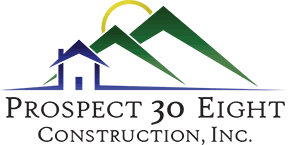BLOG
How to Finance a Home Addition

1. Consider a Home Equity Loan
A home equity loan is a great way to finance a home addition because it allows you to borrow against the equity in your home. This means that you can access funds without having to sell or refinance your existing mortgage.
2. Look into a Home Equity Line of Credit
A home equity line of credit (HELOC) is similar to a home equity loan, but it allows you to access funds as needed. This can be beneficial if you’re not sure how much money you’ll need for the addition or if you want to spread out the payments over time.
3. Refinance Your Mortgage
Refinancing your mortgage can be a great way to access funds for a home addition. When you refinance, you’ll be able to take out additional cash that can be used for the addition.
4. Get a Personal Loan
If you don’t have enough equity in your home or don’t want to refinance, you may consider getting a personal loan. Personal loans can be used for home improvements and are typically easier to qualify for than other types of loans.
5. Tap into Your Savings
If you have enough savings, you may consider using it to finance your home addition. This is a great option if you don’t want to take out a loan or if you don’t have enough equity in your home.
6. Utilize Credit Cards
If you have good credit, you may be able to use a credit card to finance your home addition. This can be a great option if you need the funds quickly and don’t want to wait for a loan to be approved. However, it’s important to remember that credit cards typically have high- interest rates, so make sure you understand the terms before you sign up.
7. Consider a Contractor Loan
If you’re working with a contractor on your home addition, they may be able to help you finance the project. Many contractors offer financing options that can make it easier to pay for the addition over time.
8. Personal Line of Credit
A personal line of credit is another option for financing a home addition. This type of loan allows you to borrow up to a certain amount and then pay it back over time. It can be a great way to access funds quickly and easily, but make sure you understand the terms before signing up.
9. Government Loan
Finally, you may want to consider a government loan. The Federal Housing Administration (FHA) offers loans for home improvements that can be used to finance a home addition. These loans typically have lower interest rates and more flexible repayment terms than other types of loans.
What type of loan is best for a home addition?
When it comes to financing a home addition, the best type of loan will depend on your individual situation. Generally speaking, a personal loan or a home equity loan are both good options for financing a home addition. Personal loans typically have lower interest rates and more flexible repayment terms than other types of loans, making them an attractive option for many homeowners. Home equity loans are also a great option as they allow you to borrow against the equity in your home. However, it’s important to remember that these loans typically have higher interest rates and require more paperwork than other types of loans. Additionally, if you don’t have enough equity in your home, you may want to consider getting a personal loan or tapping into your savings.
Don’t Forget to Seek Grants or Tax Credits
If you’re looking for ways to reduce the cost of your home addition, you may want to look into grants or tax credits. Many states and local governments offer grants and tax credits for energy-efficient home improvements, so be sure to check with your local government to see what’s available.
No matter which option you choose, it’s important to do your research and understand all of the terms and conditions before signing any loan documents. With careful planning and research, you can find the best way to finance your home addition.
Ready to get started? Since 2006, Prospect 30 Eight Construction has been building top-quality custom homes, home additions, and Accessory Dwelling Units (ADUs) throughout the Denver Metro Area and the Front Range. If you have any questions, please contact us for a free consultation.







